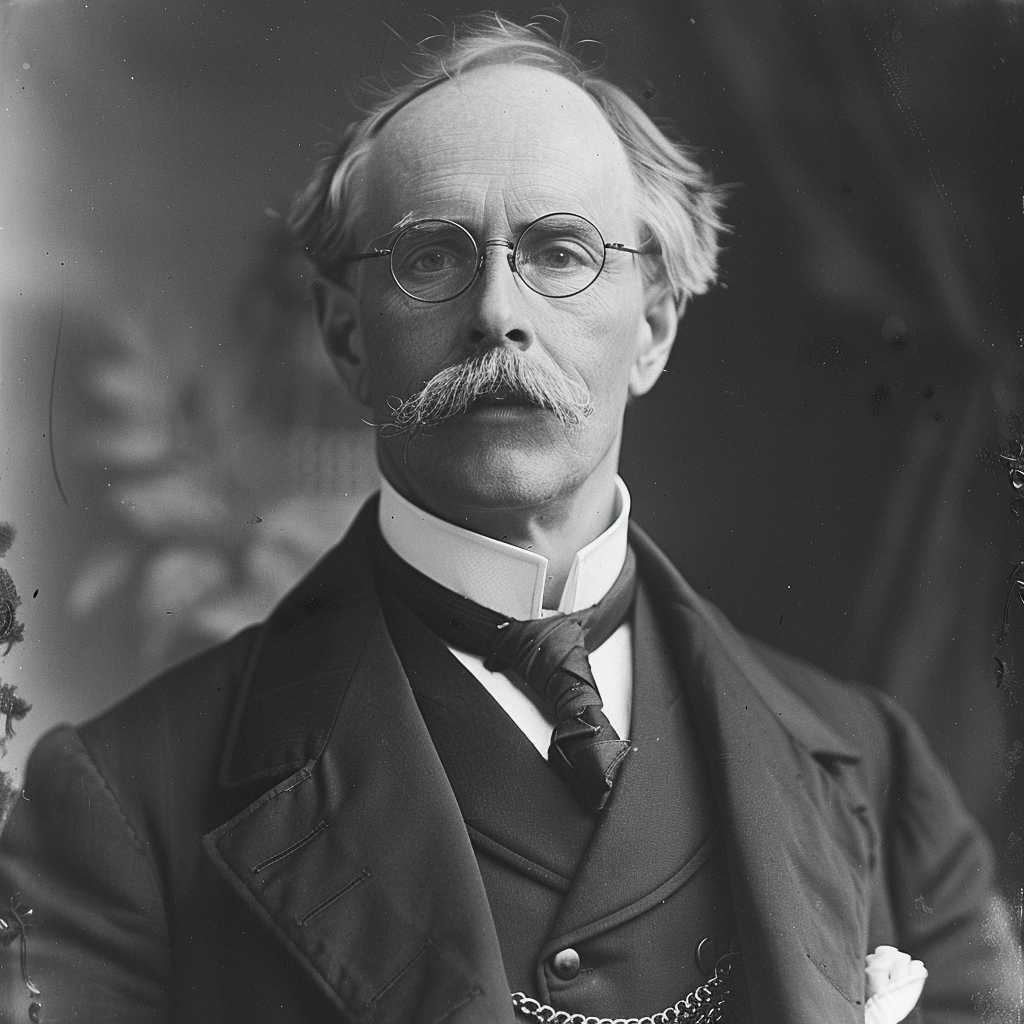The Life and Legacy of Lord Balfour: An Exploration of the British Statesman’s Impact on History
Introduction to Lord Balfour
Arthur James Balfour, 1st Earl of Balfour, was a significant figure in British politics in the late 19th and early 20th centuries. Not only did he hold the premiership between 1902 and 1905, he also played crucial roles in other capacities within the government. This article serves to elaborately examine the professional and historical milestones in the life of Lord Balfour, ranging from his political career to his enduring legacy as encapsulated by the famous Balfour Declaration.
Early Life and Beginning of Political Career
Born on July 25, 1848, into an influential Scottish family, Balfour was educated at Eton and Trinity College, Cambridge. He first entered politics in 1874 as a Conservative Member of Parliament (MP) for Hertford.
A Gentleman Politician Emerges
Rise to Prominence within the Conservative Party
His early political focus broadly revolved around issues such as education and Ireland alongside serving as Private Secretary to his uncle, Foreign Secretary Lord Salisbury. His competence swiftly propelled him up the Conservative party hierarchy, and by 1887 he reached the prominent office of Chief Secretary for Ireland.
Chief Secretary for Ireland
Balfour’s tenure as Chief Secretary for Ireland was marked by both stern measures against Irish nationalists – including support for what were known as “coercion acts” aimed at combating agrarian unrest – and longer-term strategies aimed at remedying social issues through land reform.
Prime Ministerial Tenure
Prime Ministerial Tenure
Succeeding his uncle as Prime Minister in 1902 after Salisbury’s retirement, Balfour grappled with challenges such as the aftermath of the Second Boer War and social reforms. Although regarded as intelligent and competent, his government faced criticism over educational legislation and tariff reforms which contributed to its downfall in 1905.
Transition from Politics to StaStatesmanship
Post-premiership, Balfour remained inseparable from heavyweight politics, contributing as a leading figure in the development of Britain’s policy during World War I and representing Britain at the Paris Peace Conference in 1919 after serving as Foreign Secretary.
The Prominence of the Balfour Declaration
In his role as Foreign Secretary from 1916-1919 under Prime Minister David Lloyd George, Balfour is most widely remembered for his namesake declaration—a letter dated November 2, 1917, addressed to Baron Rothschild endorsing “the establishment in Palestine of a national home for the Jewish people.” This act was instrumental in shaping Middle East geopolitics and is considered a key moment in Zionist history.
Evolving Diplomatic Contributions After WWI
Following World War I, Balfour partook as head of the British delegation in the Washington Naval Conference from 1921-1922 aimed at naval disarmament and safeguarding peace through international treaties and agreements.
Final Years: Philosopher and Public Intellectual
After retiring from active party politics, he continued influencing public thought not only through his association with various colleges and educational bodies but also through engaging in philosophical works that reflected wide-ranging interests from physics to metaphysics.
Notes
Conclusion: The Enduring Influences of Arthur James Balfour
Lord Balfour’s vast political experience, both in governance and diplomacy, along with the historically significant Balfour Declaration established him as a figure central to not only British history but also to international relations in accordance with shifts following World War I. His academic pursuits also suggest a man with keen intellect reaching beyond policy into deeper existential inquiries.
Lord Balfour left behind a complex legacy. While certain actions during his tenure were controversial or met with mixed reviews during their time—like his Irish policy—the substantial impacts of some of his decisions continue to be felt worldwide. His dimensionality as a politician-cum-philosopher grants him a unique place amongst British statesmen.
_Image Description: A black-and-white photograph portraying Lord Balfour; a distinguished-looking gentleman with a mustache, wearing glasses and dressed in formal attire indicative of his era._

